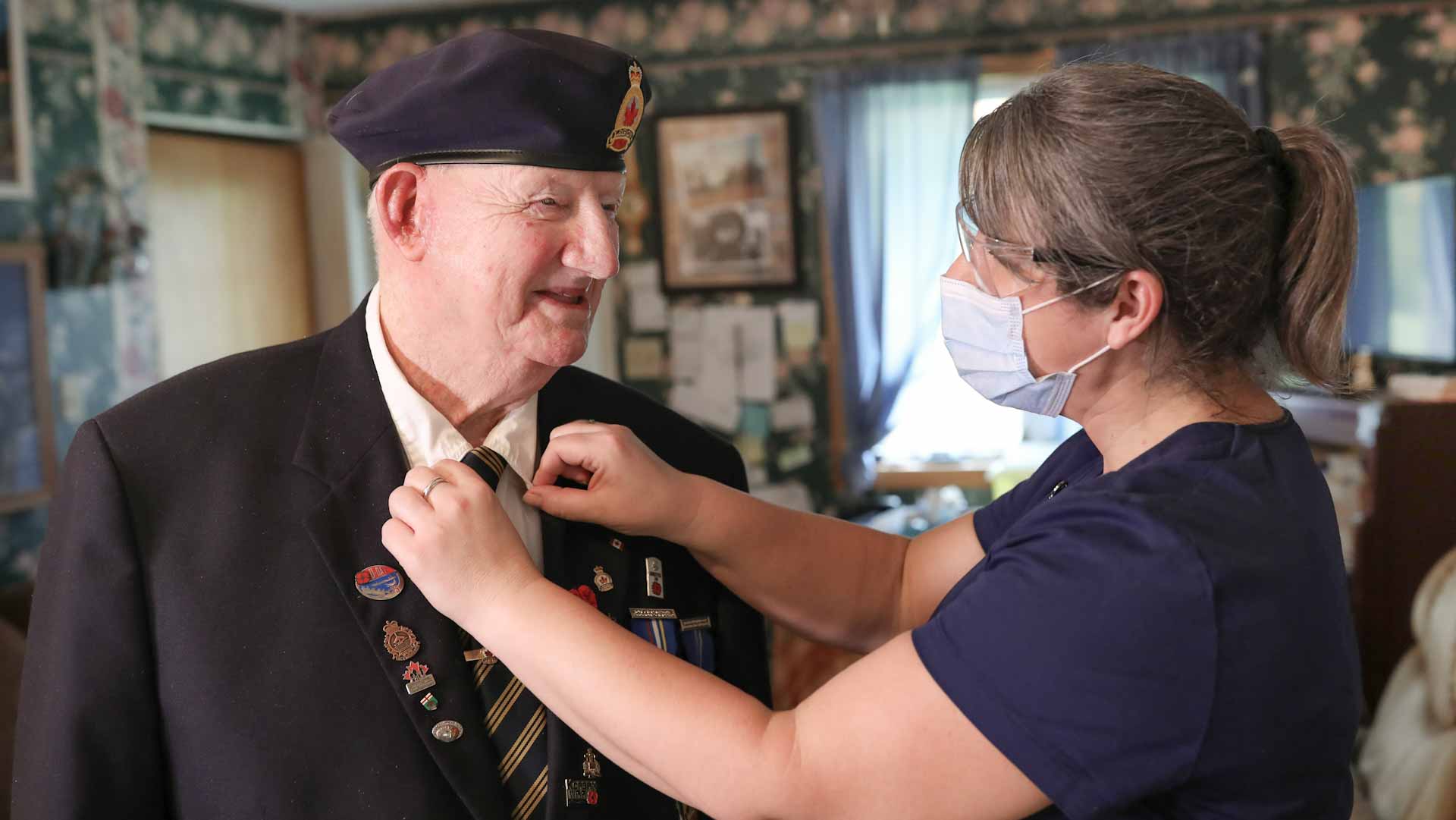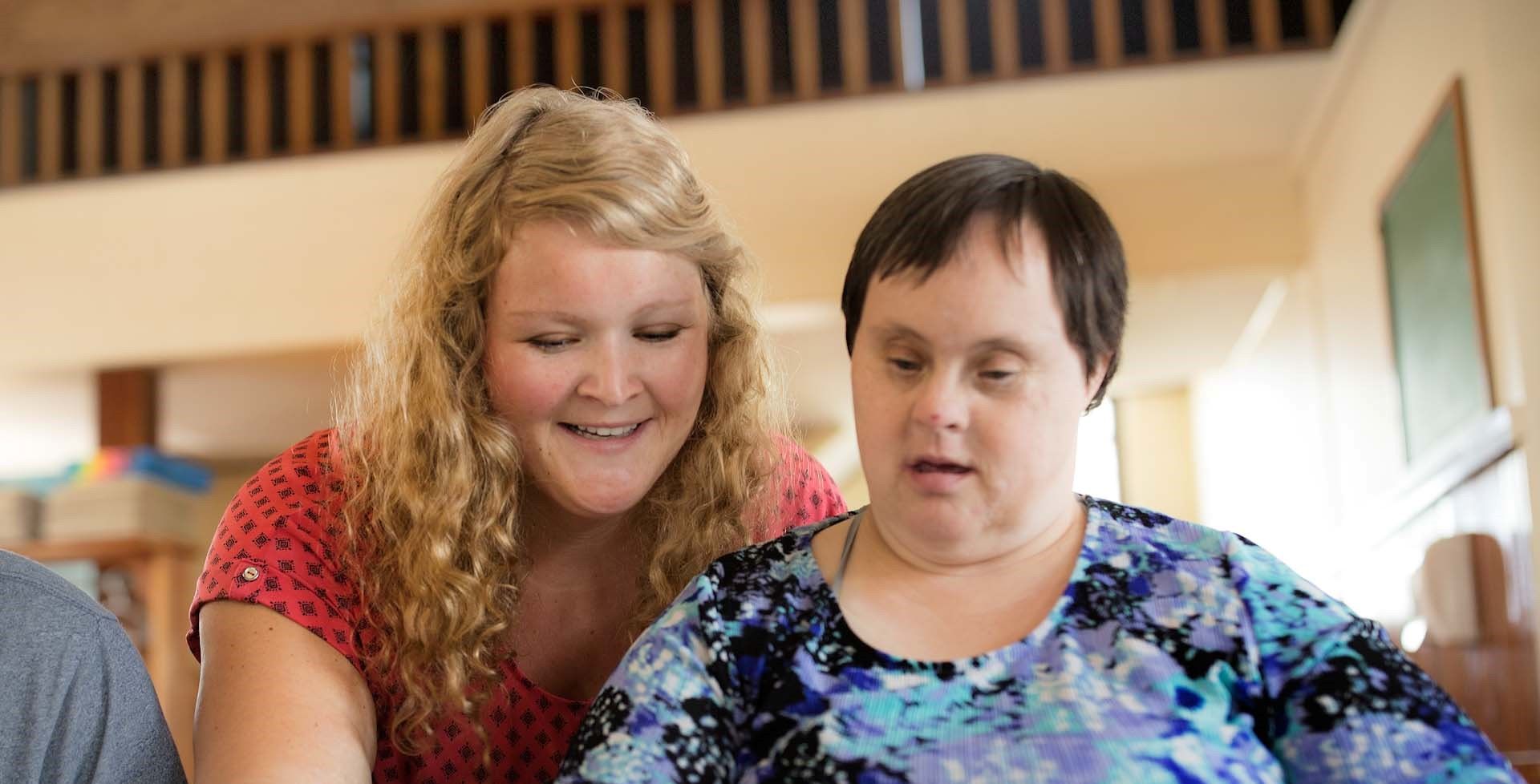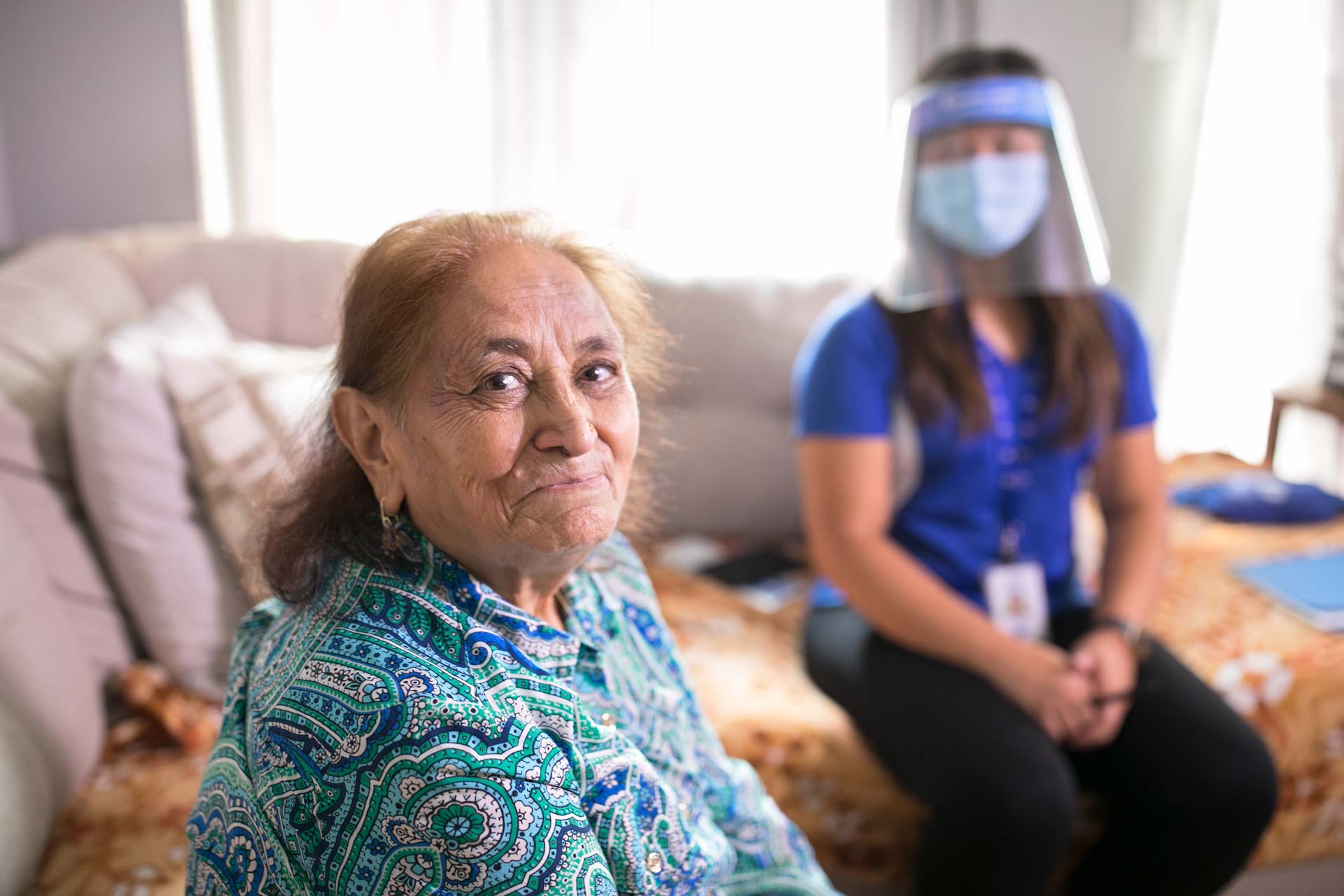Discover your future at VON
Employees truly are the heart of VON. We offer a wide range of professional development opportunities, job growth and the knowledge you're making a difference in the lives of our clients and their families every day.
Volunteer with VON
Every day, VON volunteers help make Canadian communities healthier. If you want to give back by sharing your time and caring for others, we have a role for you!
Our community-based nursing clinics
VON has been providing nursing care in local communities for over a century. Did you know that in addition to caring for clients in their homes, we also operate a number of nursing clinics across Ontario and Nova Scotia?






